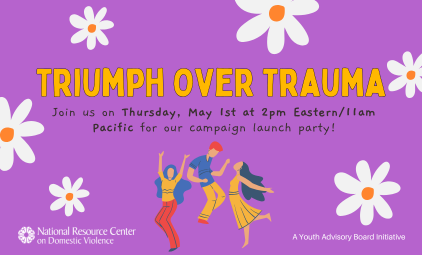In 2020 the murders of Breonna Taylor, George Floyd, and Ahmaud Arbery brought on a global racial reckoning, where many organizations made public and audacious declarations about shifting course from their anti-Black structures and oppressive decision-making process that have harmed Black, Brown, and Indigenous folks. Many of these statements were followed up by initial gestures to change course and examine a pathway forward that would be inclusive of operating through an anti-oppressive lens.
At the time, organizations were incentivized to make these commit to anti-racism. Since then, we’ve witnessed a white backlash while many organizations have maintained practices, policies, and internal cultures that continue to harm Black, Brown, and Indigenous people.
Three years on - Black, Brown, and Indigenous communities are still navigating forms of violence that remain rooted in white supremacy, anti-Blackness, and other forms of oppression. The impacts of these practices start on an individual level and expand organizationally.
Workshop participants will walk away with increased knowledge of the following concepts and movement history:
- How oppression can manifest across the socio-ecological model and the importance of interrupting the early onset of oppression before it escalates to a macro level.
- Historical contributions of Black early movement contributors and the values they leaned into that laid a foundation for the anti-violence work that we do today.
- The negative impact of conflating transparent accountability culture with cancel culture, and the importance of distinguishing the two.
- Frameworks for centering survivors who are most marginalized within a constantly shifting sociopolitical context.
| Attachment | Size |
|---|---|
| Webinar Flyer | 539.85 KB |
| Webinar Slides | 7.5 MB |














